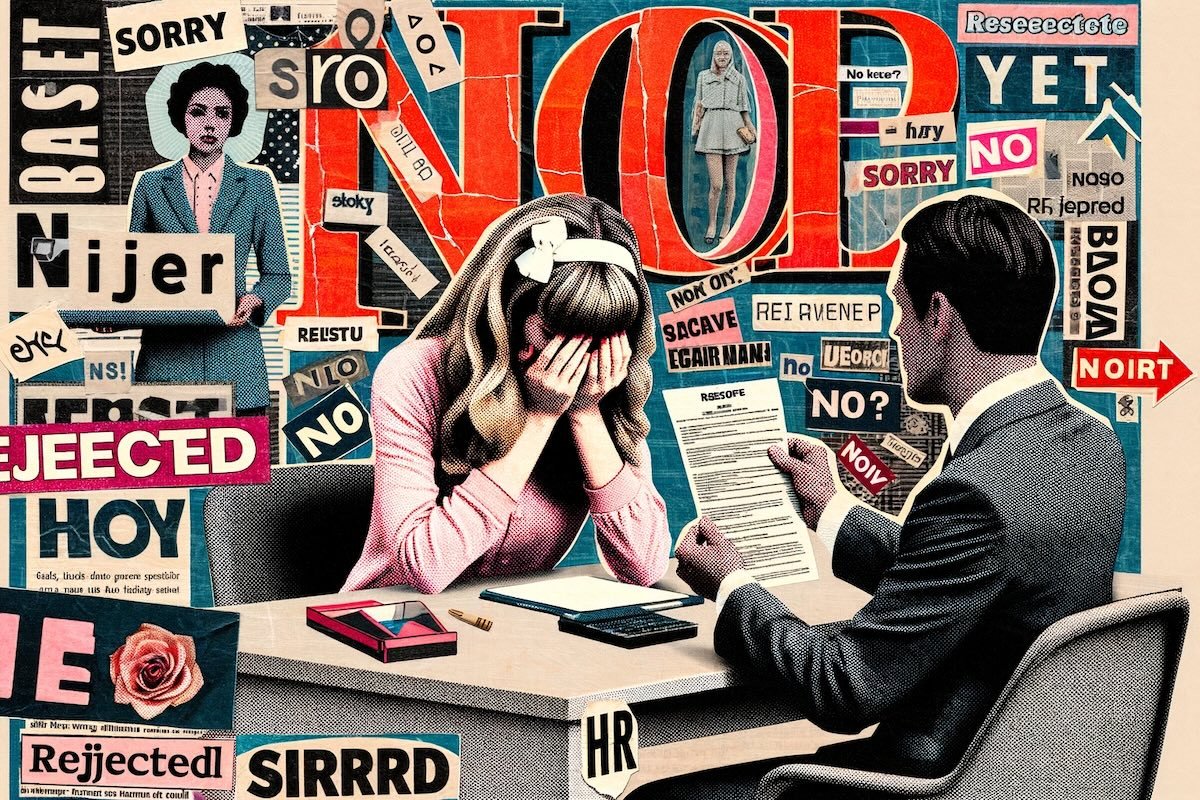- One page resume
- Not unless you just graduated
- By date, in reverse chronological order
- Underneath your recent employment, or maybe in a skills section formatted on the side of your resume
- Probably not (but maybe?)
The Best Way To Structure Your Resume
Arranging your experience on your resume shouldn't be that tricky. Learn the best ways to structure your resume—with skills, experience, education, previous jobs—all on one page.
You May Also Like

Job Search
The 5 Emails You Need to Send Right Now to Boost Your Career
There’s no better time than right now to refresh your roster of professional contacts.

Job Search
How to Answer "What Motivates You?" In a Job Interview
Finding motivation for the job search is hard enough. Now you have to tell employers what motivates you? Yes and we can help you ace this job interview question.

Job Search
10 Tricks to Calm Your Nerves Before a Big Interview or Presentation
Your nerves like to jump in when you have a big interview. Cue the sweaty palms, dry mouth, and shaky voice. Here's how to calm your nerves before a big moment.

Job Search
275 Resume Action Verbs to Make Your Resume Pop
Use action verbs to dazzle any recruiter. Make sure your resume is alive with action verbs. Here is a list of active verbs to let your resume jump, rattle, and shake (in a good way!).

Job Search
How to Ace the Phone Screening Interview
You've been invited for a phone screening. Here's how to ace the phone screen, even if you hate talking on the phone.

Job Search
25+ Fun Interview Questions + What They Reveal
Why do interviewers ask fun interview questions and what could a candidate's answer say about their work style, their soft skills and their sense of humor?

Job Search
Creative LinkedIn Profile Summaries to Attract Your Next Boss
When you need to score someone's undivided attention, trust in the power of the keyword-rich LinkedIn profile summary.

Job Search
Got Gaps? Here's How to Explain a Gap in Employment
Resume gaps and gaps in employment are perfectly normal, and they come in all shapes and scenarios. Here's how to explain your resume gap with ease.

Job Search
Job Search Diaries: I Didn't Get the Job, Now What?
The job search is BRUTAL RIGHT NOW. What should you do when you've done everything "right" and you still didn't get the job?



